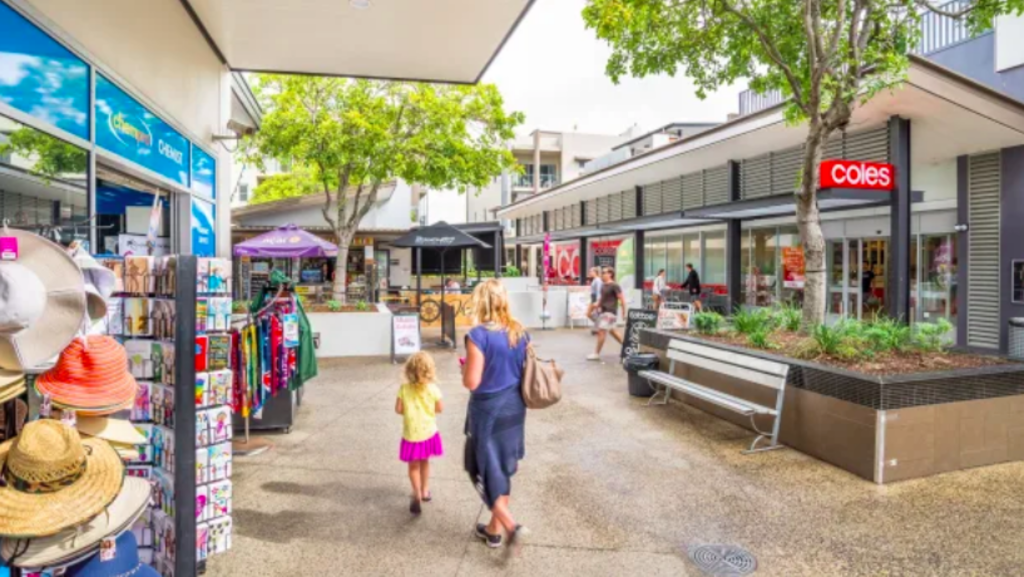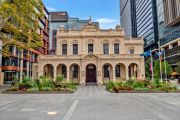
Retailers still prepared to commit to long leases: SCA
Specialty tenants are still prepared to commit to long-term leases with fixed annual increases, despite growing calls from retailers for more flexible rental agreements, said SCA Property Group chief executive officer Anthony Mellowes.
“Most of our new leases are five-year terms with fixed annual increases,” Mr Mellowes told The Australian Financial Review as the convenience mall owner reported lower full-year profits and cut back its distribution because of the impact of COVID-19 on its earnings and property valuations.
Since the outbreak of the pandemic, retailers have been pushing for more variable rent structures as well as shorter-term deals, a trend highlighted at The Australian Financial Review Virtual Retail Summit in June.
But Mr Mellowes said there had “not been much pushback” from tenants to signing standard leasing agreements, provided SCA met the market on rents.
“We’ve taken the view that we prefer cash in the door and will meet the market on long-term and sustainable tenants there are others that won’t,” he said.
The first of the major listed mall landlords to report its full-year results for 2020, SCA, which owns $3.1 billion of neighbourhood and sub-regional centres, booked a $22.7 million rental income hit during the COVID-19 period due to waivers, deferrals and unpaid rent.
However, its results also highlighted the more resilient nature of non-discretionary retail assets with its Coles and Woolworths anchor tenants more than doubling sales growth to 5.1 per cent due to panic buying and people shopping locally.
Discount department stores sales, led by Big W, rose by 7.6 per cent.
This helped underpin a modest 0.7 per cent fall in funds from operations- the key operating metric for listed trusts to $140.8 million.
The fall in statutory net profit was steeper- down 22 per cent to $85.5 million-mostly due to an $87.9 million decrease in the like-for-like valuation of its portfolio.
Specialty tenants, which account for more than 50 per cent of the trust’s gross rental income, recorded a 1.1 per cent slip in annual turnover with 600 requiring rental assistance from SCA under the mandatory code of conduct.
This saw SCA waive $4.5 million of rent with $4.3 million deferred. A further $13.9 million remained unpaid with the trust having a rent collection rate of 77 per cent during the COVID-19 period.
“It bottomed out in April and May in the low 60s, rose to the high 70s in June and was back in the mid-80s in July,” said chief financial officer Mark Fleming.
Highlighting the “softer” market conditions, new specialty leases were struck at rents 7.7 per cent lower on average than what previous tenants paid ??? referred to as negative leasing spreads ??? while the rent-free incentive period increased to 13.8 months from 11 months for the prior financial year.
Mr Mellowes said the trust was focused on bringing in non-discretionary retailers into its malls with a focus on food (take-away, cafes, butchers and bakers), pharmacies and medical centres and retail services like nail salons and local real estate agents.
All of SCA’s Victorian malls remain open while across the portfolio 92 per cent of its retailers were now open, up from a low of 76 per cent at the height of the lockdown.
Goldman Sachs equity research called the result a “miss” based on its own forecasts and noted the comments by SCA management that the Victorian lockdowns would have a significant impact on tenant sales in FY21, resulting in further waivers and deferrals.
Investors responded more positively, with SCA shares ending the day up over 4 per cent at $2.30 on day when the broader market was flat.











